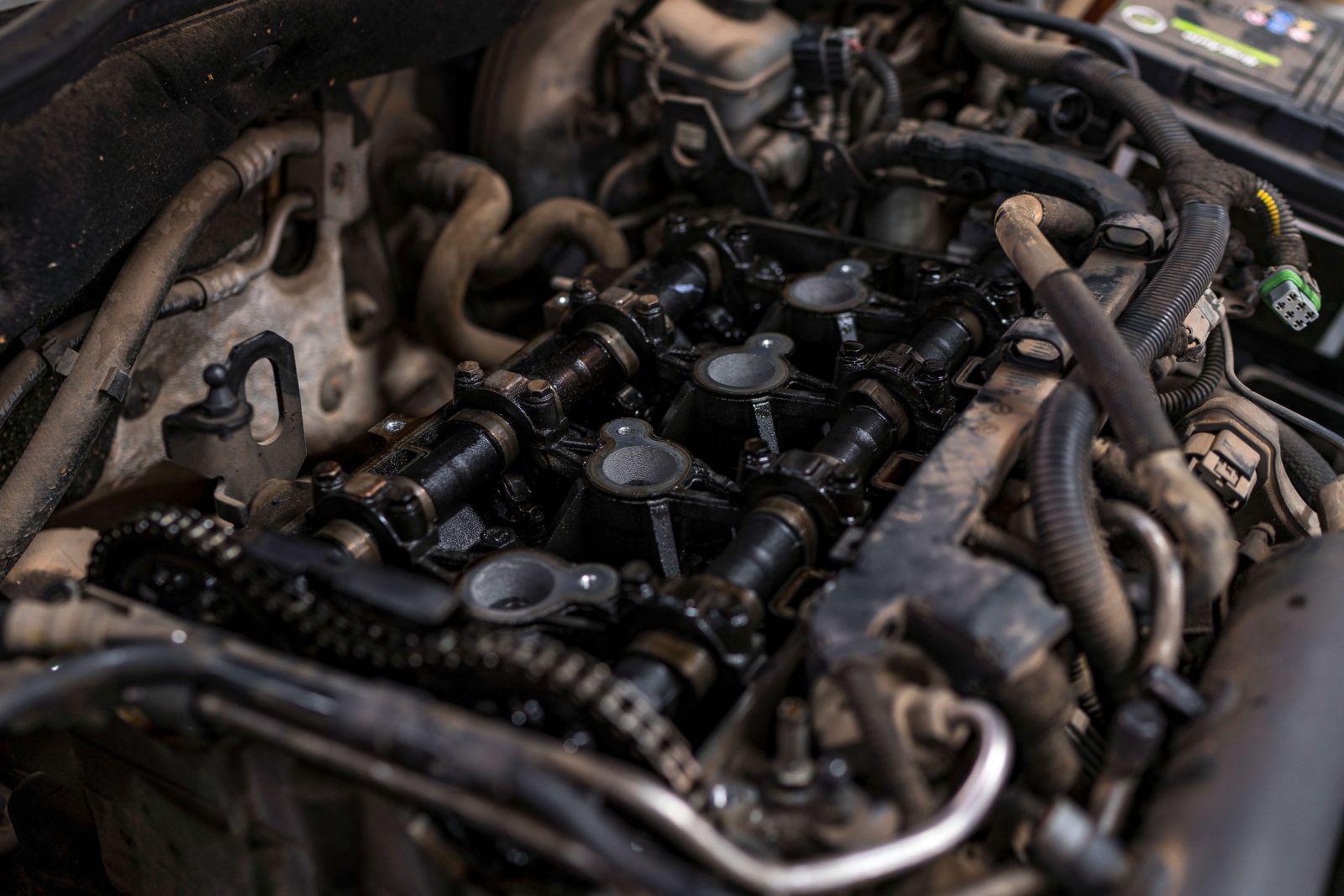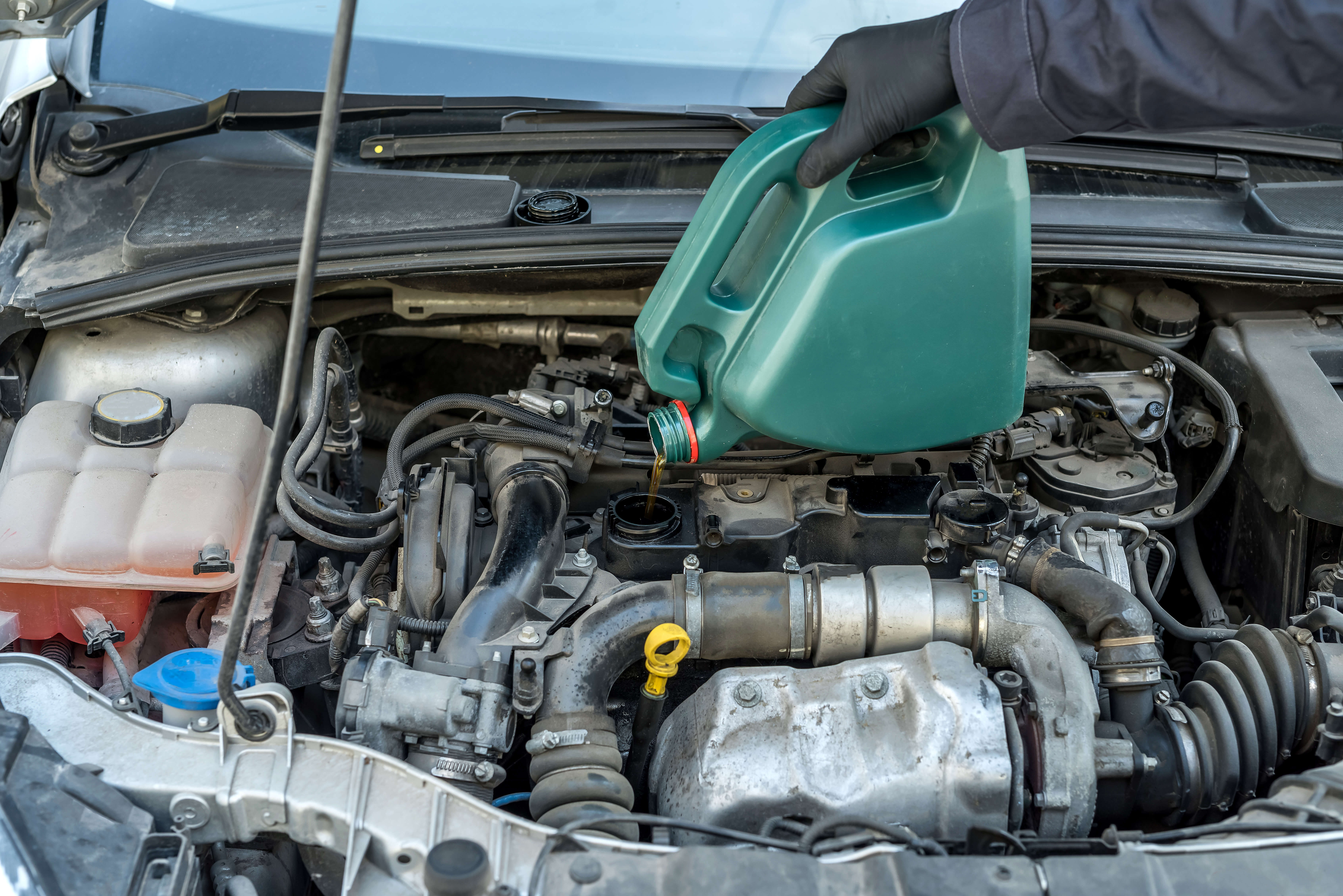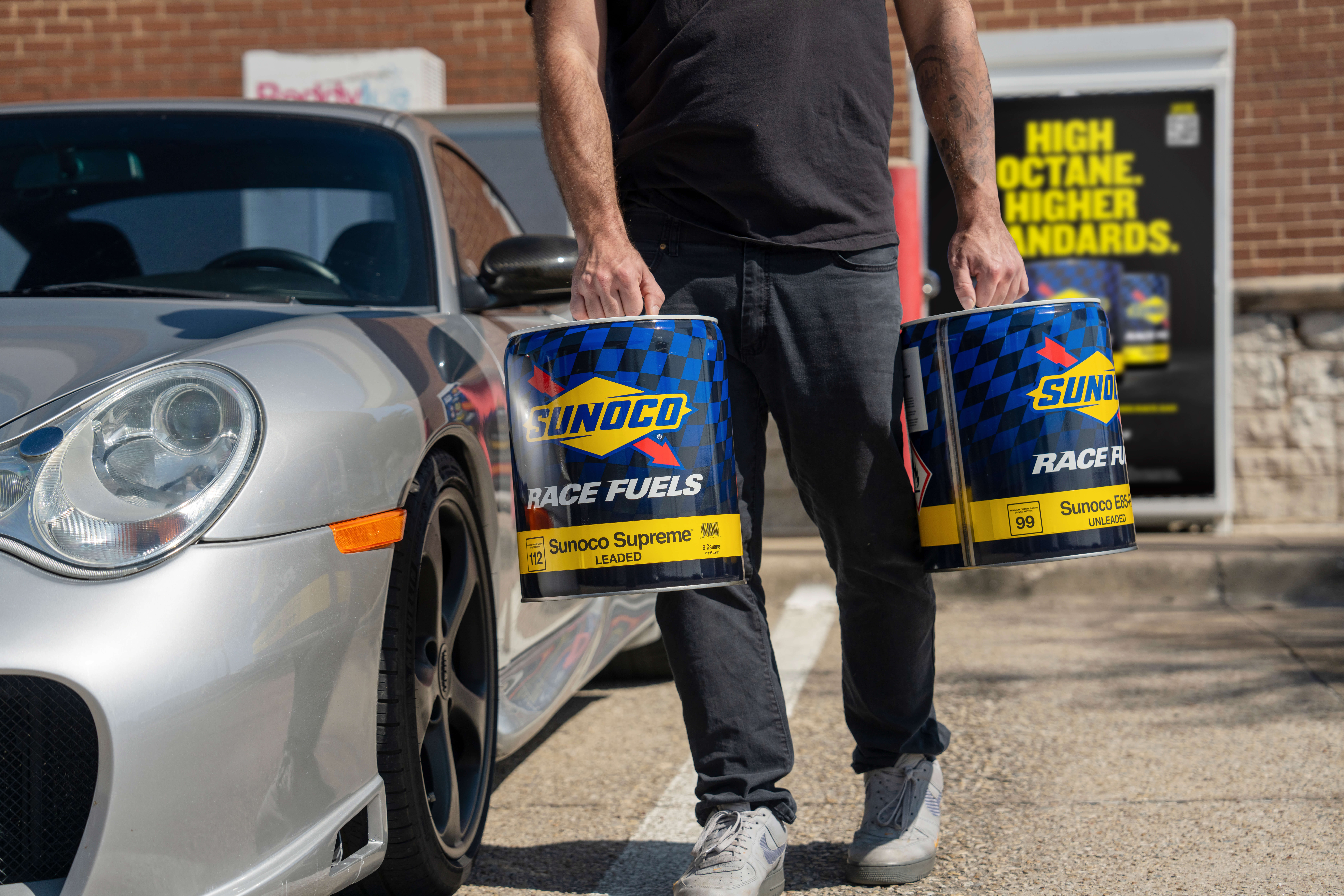Performance Fuels

How Dirty Fuel Can Lead to a Dirty Engine
- Category:
- Fuel Facts
by Grassroots Motorsports
Posted on 10/29/2024

Is dirty gas fouling up your engine, leading to clogged injectors and combustion chamber deposits? Possibly. But first, what exactly do we mean by dirty gas?
The fuel delivered from that gas station pump–called a dispenser in the biz–could contain water or foreign matter. Something we learned from PetroClear, maker of filters for those dispensers, is that fuel filter requirements vary from state to state. Petro-Clear’s site shows that Georgia, for example, has specific limits regarding water and particulate material in the fuel, with dispensing equipment requiring filters of 10 microns or finer–the same spec that Holley recommends for a fuel-injected engine.
The filter requirements across the border in Florida? None. The site lists more than a dozen other states without filter specs for fuel dispensers, including California, Illinois, New York, and Ohio. “There probably are filters,” notes Zachary J. Santner, senior specialist of quality at Sunoco, “but no requirements for how fine a filter.”
The fuel itself could contain contaminants, too. Less refined fuels will carry more gum, varnish and other unstable compounds than more refined fuels. What fuels are more refined? Generally speaking, higher-octane products or race fuels. Fuels that qualify as Top Tier will also contain more detergents, and Santner notes that all Sunoco pump products meet that standard. Those detergents, Santner continues, can wash away deposits and keep them from forming.
Why does all this matter? Dirt, gum and other stuff in your fuel can lead to carbon deposits inside the combustion chamber, especially on the back sides of the intake valves. This can be an even bigger issue for a direct-injected engine, as the injectors don’t constantly wash the backs of the valves.
Then add in the deposits caused by oil from weak valve guides or the crankcase ventilation system. Those carbon deposits are porous, too, and can absorb fuel – “almost like a sponge,” Santner adds – preventing the fuel system from accurately providing fuel to the engine.
How to protect against these deposits? With a clean fuel–one high in detergents–and a clean fuel filter.




